Is. 35: 4-7a; Ps. 146:6-10; Jas. 2:1-5; Mk. 7:31-37
“Be opened!” Be opened to the word of God. Be opened to receiving the Holy Spirit. Be opened to the mystery of faith that “makes the deaf hear and the mute speak”. The Lord is ready to reveal himself in us but are we ready to receive him? We are especially called to be open without partiality to receive Christ in the poor and the suffering. The Lord “loves the just” and justice shows no partiality especially in doing good.
Be especially opened to the reality that the Lord is among us and he “comes to save you”. The Lord is our refuge and all creation is subject to his word. He not only returns sight and hearing but he multiplies the bread as his true body and the wine as his true blood in the Eucharist to transform our very being to be Christ to the world. The Lord lives and he desires to live through us not just with us.
“Ephphatha!” is the prayer that is said in baptism over the ears of a child that their ears be opened to the word of God and over the lips that they may proclaim the word of God by their lives. Baptism opens the soul of a child to receive the gift of the Holy Spirit to be guided by the spirit of God. It opens the child to come to see good and evil, to search for something greater than this world, and to be protected from the powers of darkness. Who does not desire this for their child? In baptism we are open to receiving the graces from God to lead a virtuous life.
In a world with constant noise around us seeking to grab our attention to be open to the Lord requires our silence. To hear the voice of the Lord we must find a quiet place and be still. Where is that quiet place we go to in our lives? Is it the early morning before the days rush begins, or maybe at night when everything settles down, we can “turn everything off” literally and figuratively and listen for the Lord. During the day can we turn off the music, the constant “news alerts” or how about put that phone on silent mode for 15 or 30 minutes and find some rest and peace in the Lord?
There is the expression “I have no time to think”, just too busy, too many demands, maybe someday. Then one day we realize where did the time go and who did we really live for God or for the world. To be open to God is to give him our time as we go through the day aware of his presence active in our souls. To be open to God is to come and worship giving thanks to him in our prayer in Mass, in adoration, in opening his Word and allowing him to speak to our hearts.
We were created in God’s image and so we reflect who God is in our being. We connect to God in our soul with our thoughts, emotions, and will. Our will desires his will, our emotions desire his love, our thoughts reflect on his Word and he opens us to receive his truth, his passion, and his good for our salvation. Be open to surrendering ourselves to the Lord and we will receive his greatness.





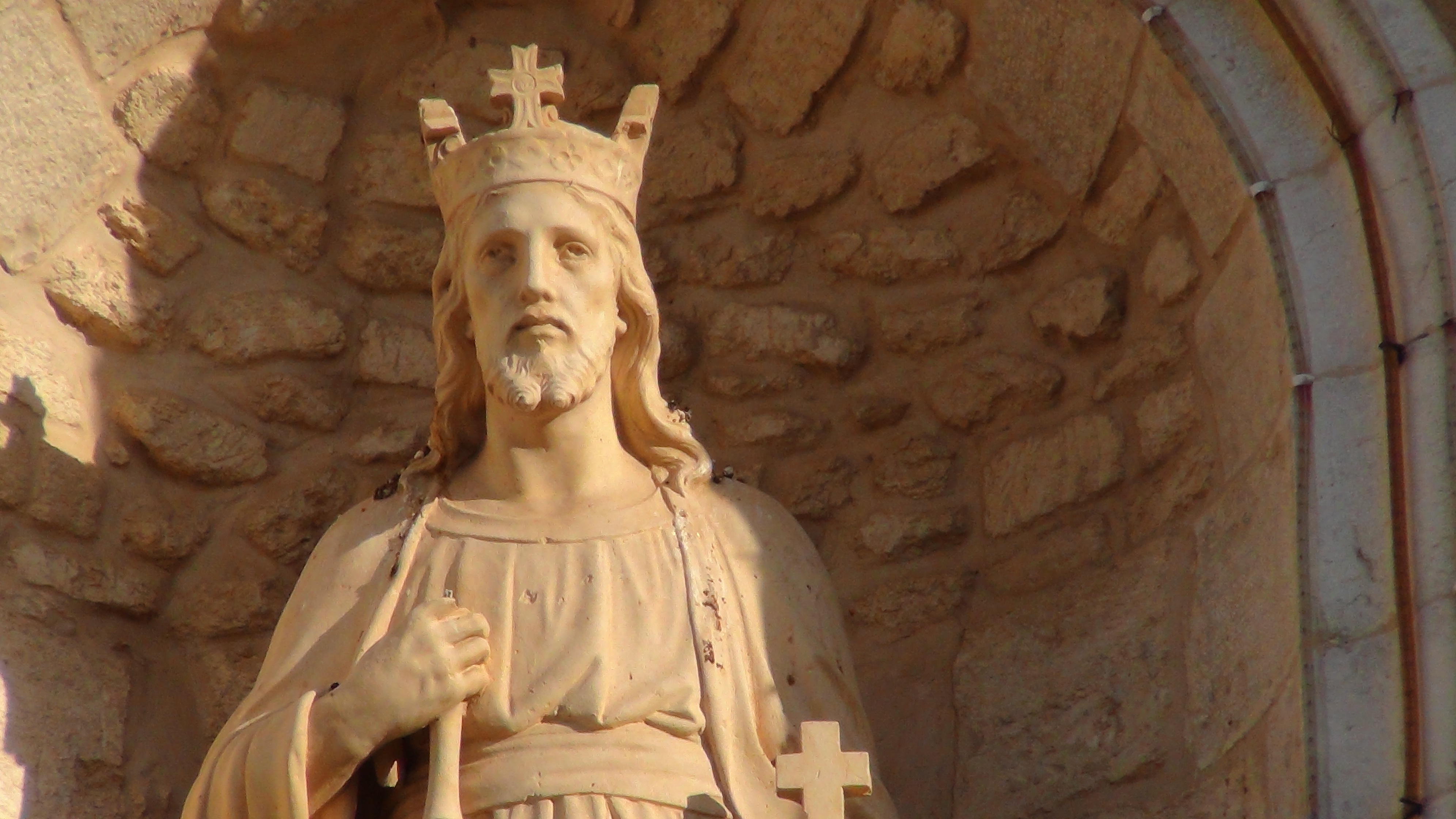

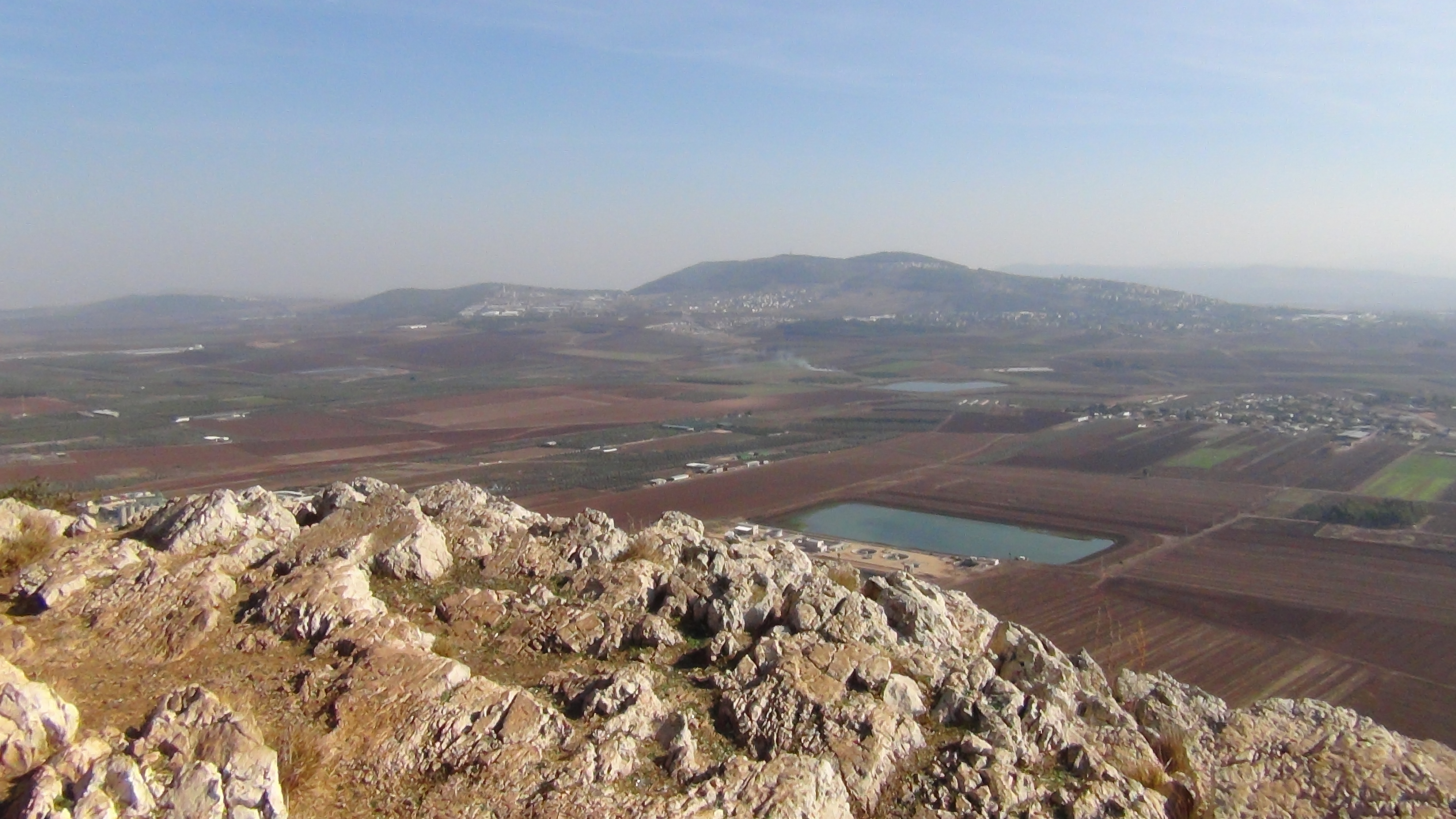

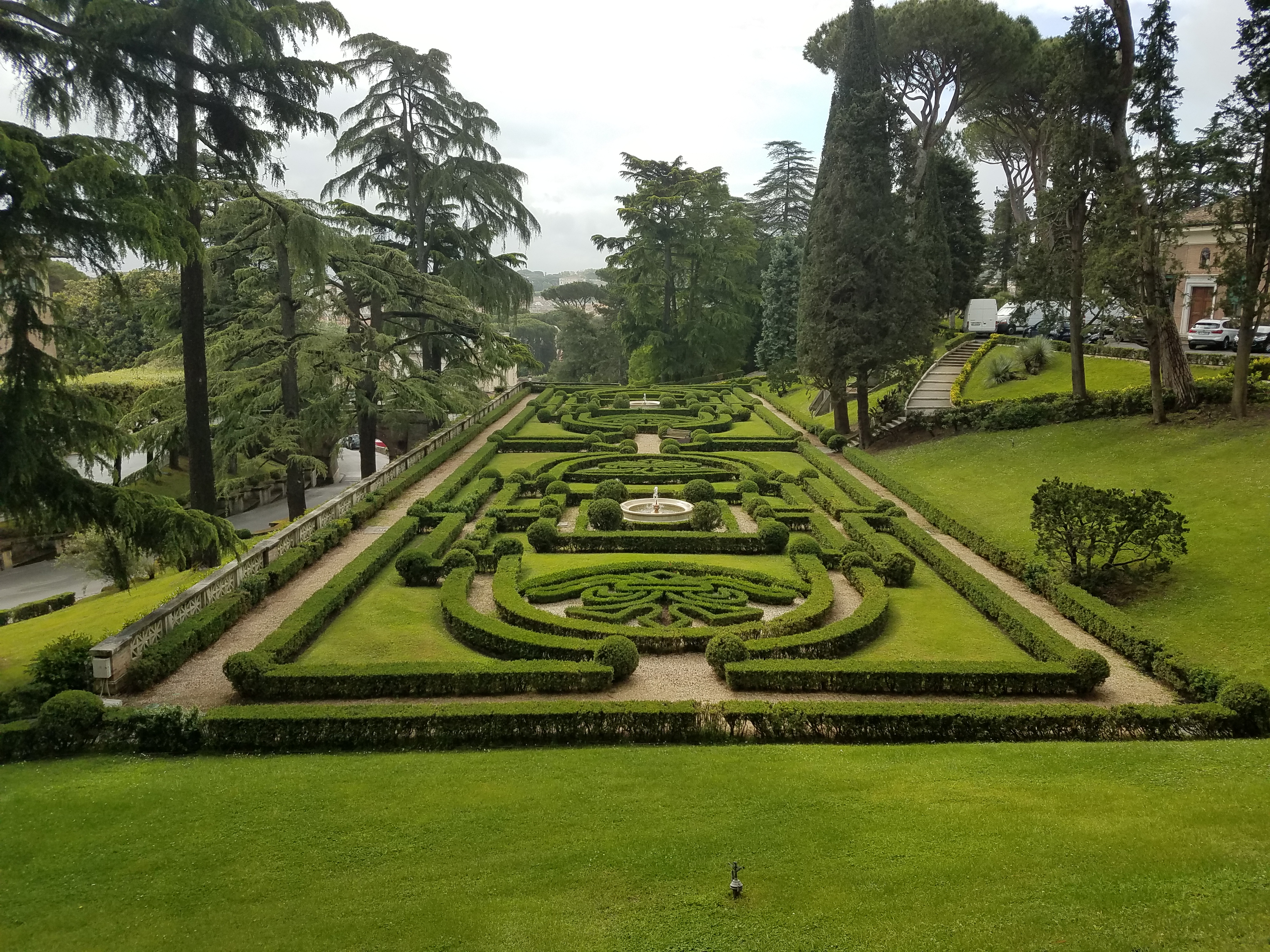

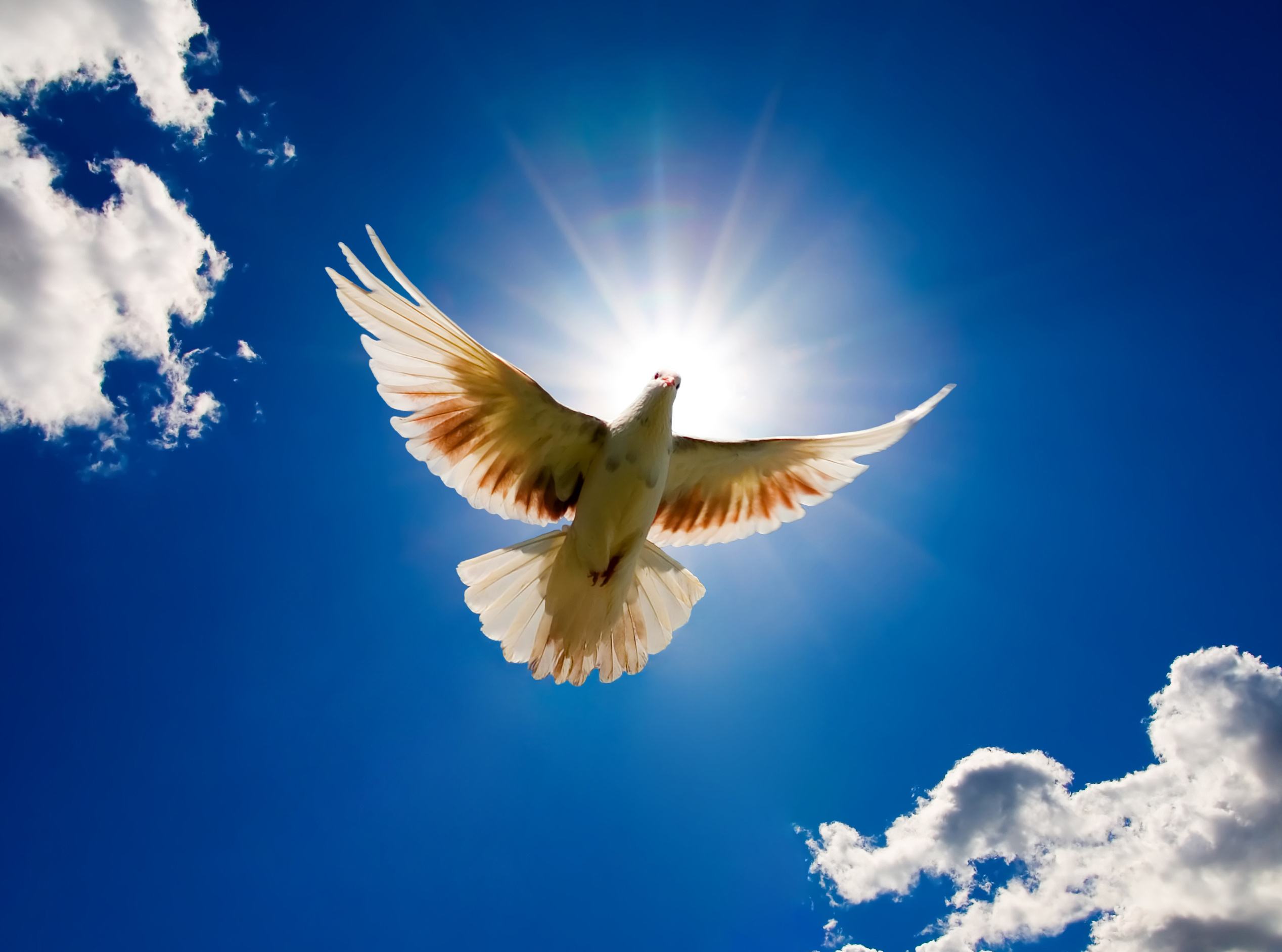

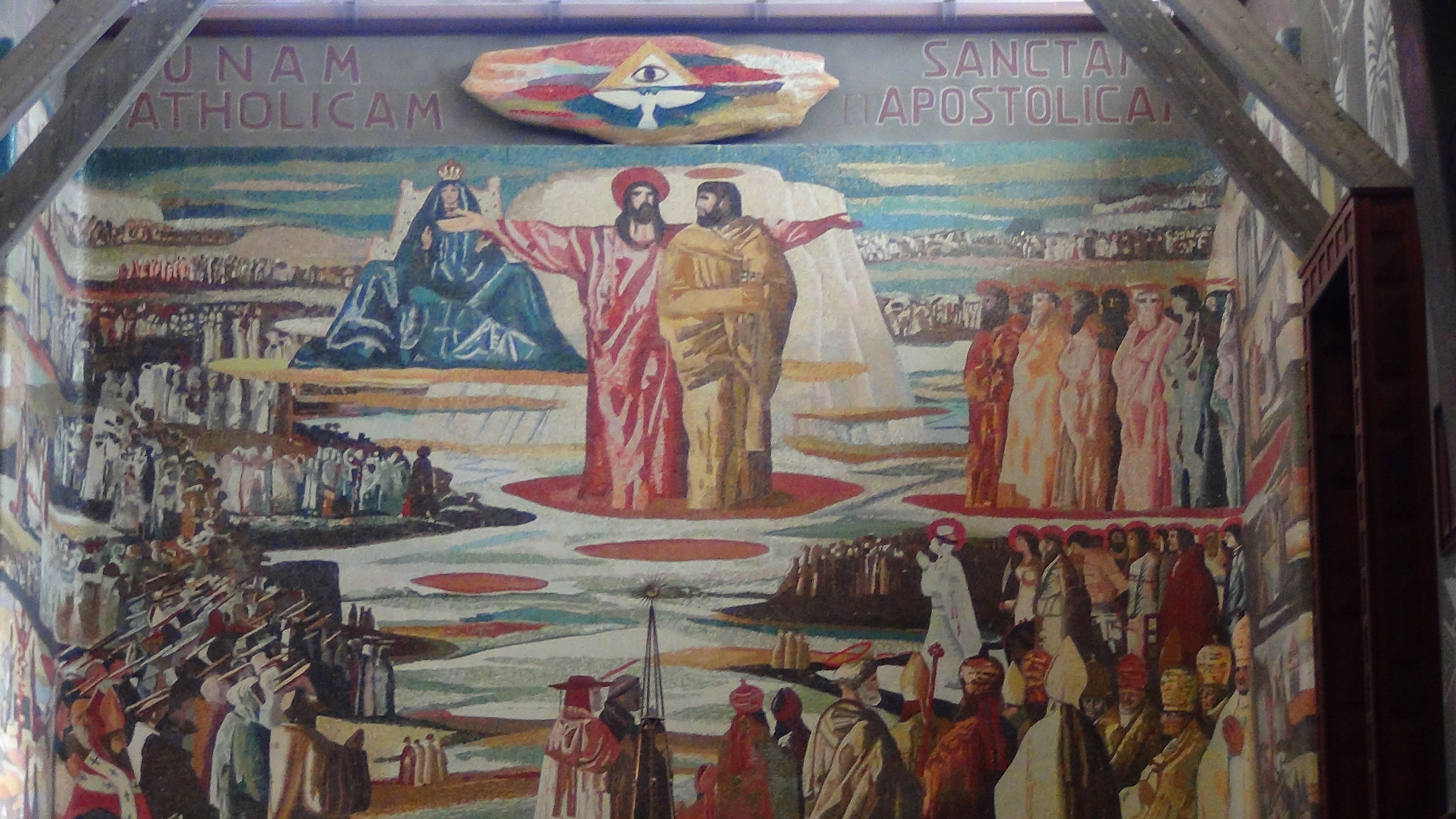

Recent Comments